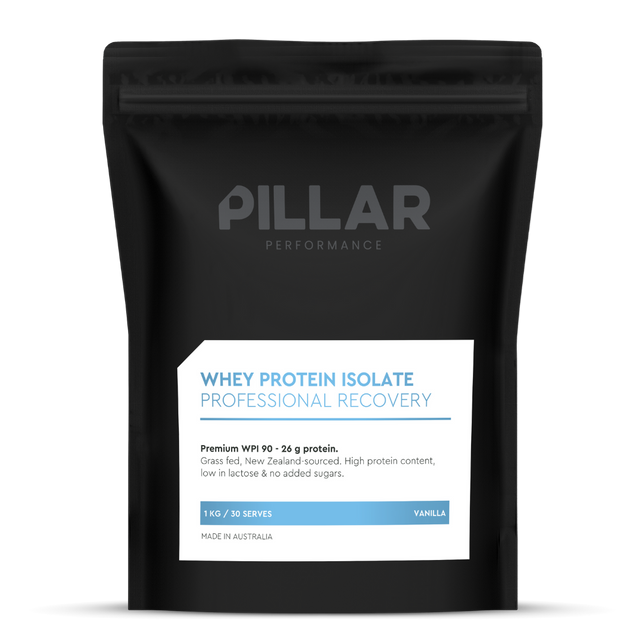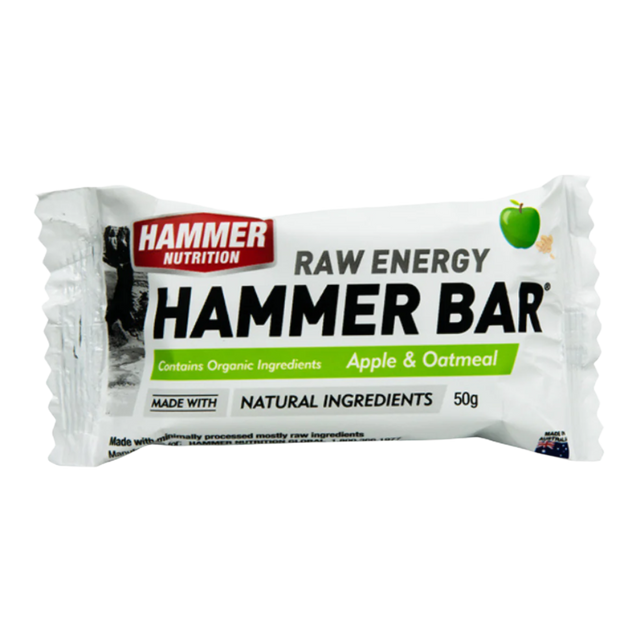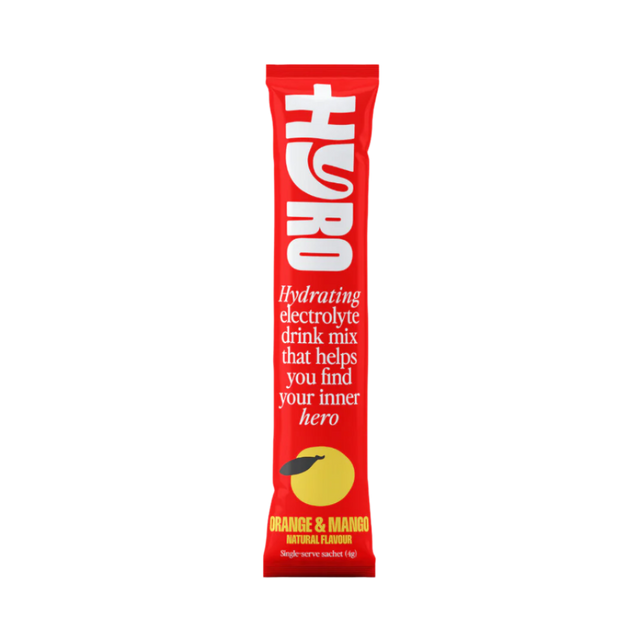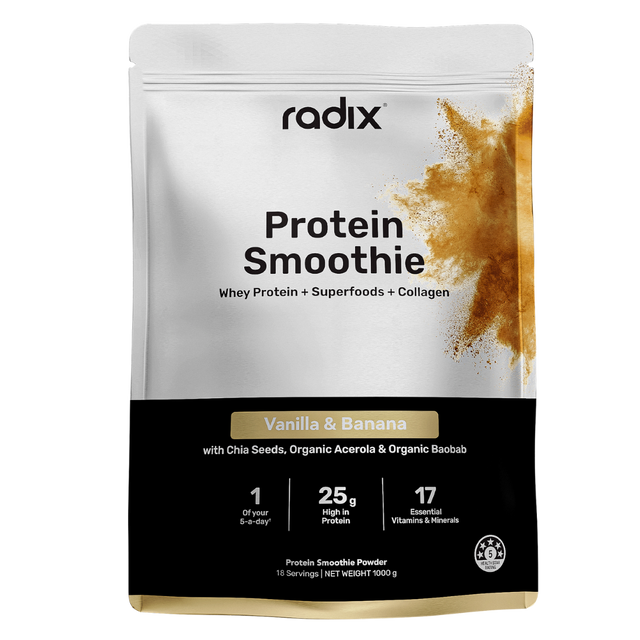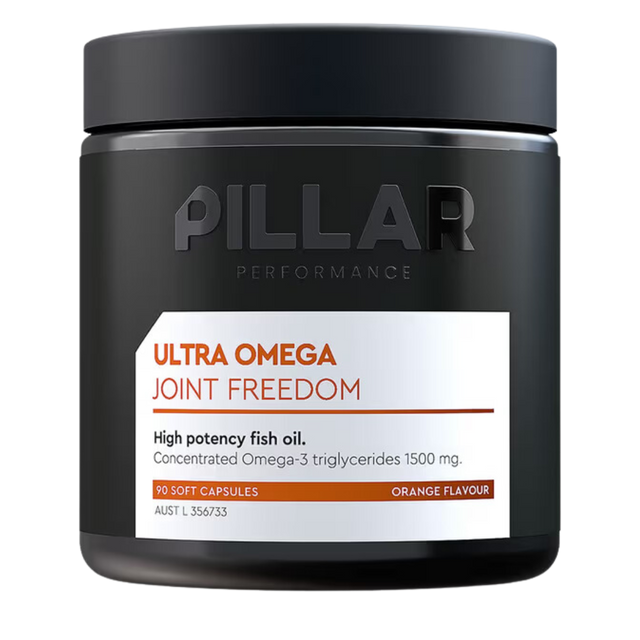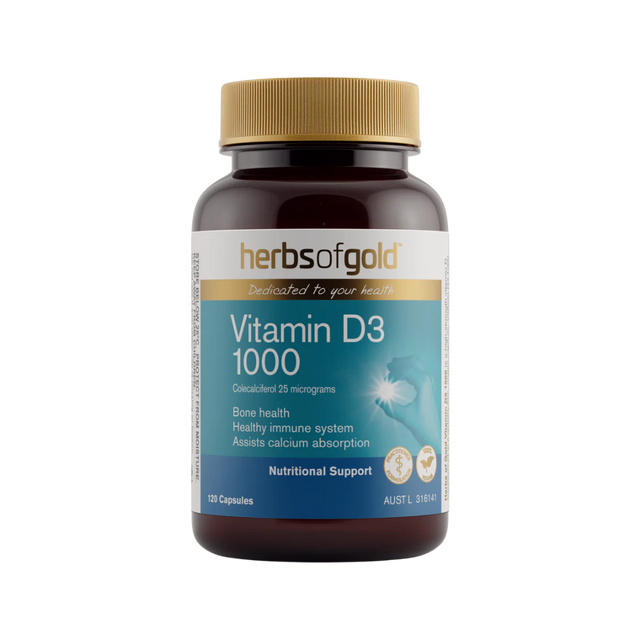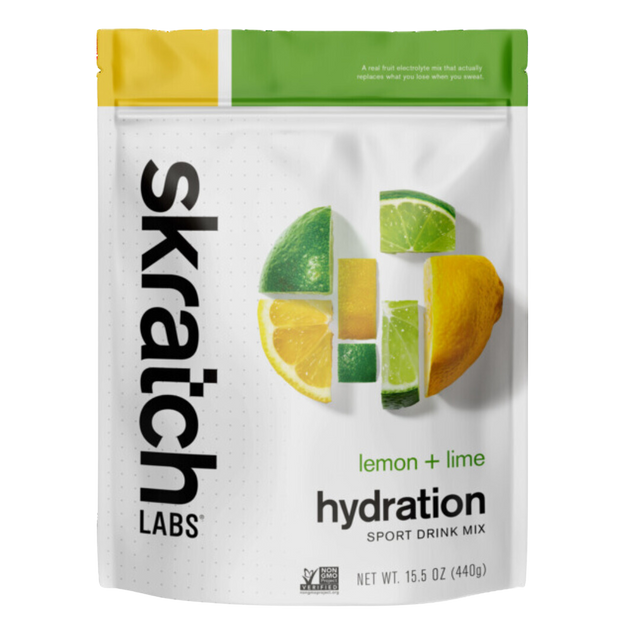Pregnancy and Breastfeeding Nutrition Guide
Growing a tiny human? Here's how to fuel like a pro. Whether you're in the early weeks of pregnancy, hitting peak bump, or breastfeeding around the clock, your nutrition needs are changing fast. This guide breaks down the exact energy demands, must-have nutrients, and our favourite mum-safe Aid Station supplements to keep you and your baby thriving.
Energy Requirements
First Trimester
-
Energy intake remains the same (1)
-
Start taking a pre-natal supplement if you are not already doing so. Make sure it contains activated methylated folate as it’s highly bioavailable.
-
1 in 3 women cannot convert synthetic B9 (folic acid) into methylated folate efficiently (2)
-
Expected weight gain is between 0.5-2kg. Mostly from extra fluid and blood volume needed to support the growing foetus (3,4)
Second and Third Trimester
-
Extra 330-390kcal/day (3)
-
Weight gain varies. Some women may gain up to 20kg during pregnancy
Breastfeeding
-
Exclusive breastfeeding (0-6 months) → Requires an additional 450–500 kcal/day (1)
-
Partial breastfeeding (6-12+ months) → Requires around 330 kcal/day (depending on frequency)(1)

Nutrient to Increase During Pregnancy & Breastfeeding
-
Protein → Meats, poultry, fish, tofu, dairy, nuts and fortified products (1)
-
Iron → Naturally found in meats, poultry, fish, lentils, broccoli, almonds and asparagus. Aim for 27 mg a day, 9 mg a day more than for non-pregnant women. This is why supplementation for most women is recommended (6)
-
DHA→ Oily fish, eggs, flaxseeds (7)
-
Iodine → Seafood, seaweed, eggs, meats and dairy products, bread and iodised salt (8)
-
Folate → Supplementation with 400mcg/ day before conception and first trimester is recommended to help reduce the risk of neural tube defects such as spina bifida. Folate is naturally found in asparagus, broccoli, Brussel sprouts, lentils, spinach, chickpeas (9)
-
B6 and B12→ Animal products, nutritional yeast (10,11)
-
Choline → Eggs, fish and beef (12)
-
Methionine → Eggs, meat, and fish (13)
-
Calcium→ Dairy, dark green vegetables, fish with bones and fortified foods (5)
-
Vitamin D→ Sunlight, salmon, eggs, fortified foods (5)
Some Aid Station Safe Supplements During Pregnancy & Breastfeeding
-
Hammer Nutrition Energy Bar - Apple Oatmeal→ Natural ingredients, low GI, no artificial sweeteners.
-
Roam Nut Butters → Excellent sources of healthy fats, protein, vitamin E, magnesium, and copper. There are vital nutrients during pregnancy and lactation . Coconut adds additional healthy fats and fibre.
-
Skratch Labs Everyday Hydration Drink Mix Bag Lemon & Lime→ Natural fruit-based, simple ingredients
-
Hyro Electrolyte Hydration Mix→ Natural ingredients, no artificial sweeteners, no sugar, HASTA certified.
-
Nuun Sport → Natural ingredients, no artificial sweeteners, no sugar, less than 2% of natural flavour, lower in electrolytes compared to other electrolyte blends.
-
Huma Gel Original- Apple & Cinnamon→ All-natural ingredients, no caffeine, no artificial sweeteners, lower in carbs than other gels.
-
Radix Nutrition Whey Protein Smoothie Sachet or Bag→ Zero added sugar, natural ingredients.
-
Pillar Performance Grass Fed Whey Protein→ If you need to top up daily protein intake. No fillers, no artificial sweeteners, batch tested.
-
Herbs of Gold Organic Iron MAX→ If deficiency is determined through blood test. This also has folate and B12 which are at risk nutrients for pregnant and breastfeeding women.
-
Herbs of Gold Vitamin D3 1000 → If advised by a medical practitioner.
-
Pillar Performance Ultra Omega Joint Freedom→ If your diet is low in seafood.
If you would like advice on any other product that we sell please reach out to our in house Dietitian Ash here.
Allergy Disclaimer→ If you are pregnant or breastfeeding, please be aware that certain foods and products may contain allergens such as nuts, dairy, soy, gluten, or shellfish. If you have a known allergy or sensitivity to any ingredient, avoid consuming these products. Always read ingredient labels carefully and consult your healthcare provider if you are uncertain or have concerns about potential allergen exposure for your safety and your baby’s health.
Consult Healthcare Providers→ Always seek medical advice before introducing any supplement during pregnancy or breastfeeding to ensure safety and appropriateness.
Ash Miller
Dietitian and Nutritionist (Masters)
Bachelor of Physical and Health Education
Instagram: @ashthomo_nutrition
References:
-
Institute of Medicine. Dietary Reference Intakes for Energy, Carbohydrate, Fiber, Fat, Fatty Acids, Cholesterol, Protein, and Amino Acids (Macronutrients). Washington, DC: The National Academies Press; 2005. doi:10.17226/10490.
-
Crider KS, Bailey LB, Berry RJ. Folic acid food fortification—its history, effect, concerns, and future directions. Am J Clin Nutr. 2011 Apr;93(4):911–918. doi:10.3945/ajcn.110.000885. PMID: 21367932.
-
Institute of Medicine and National Research Council. Weight Gain During Pregnancy: Reexamining the Guidelines. Washington, DC: The National Academies Press; 2009. doi:10.17226/12584.
-
American College of Obstetricians and Gynecologists. ACOG Practice Bulletin No. 134: Fetal growth restriction. Obstet Gynecol. 2013 Jan;121(1):210–212. doi:10.1097/01.AOG.0000426328.54061.87. PMID: 23262964.
-
Institute of Medicine (US) Committee to Review Dietary Reference Intakes for Vitamin D and Calcium; Ross AC, Taylor CL, Yaktine AL, et al., editors. Dietary Reference Intakes for Calcium and Vitamin D. Washington (DC): National Academies Press (US); 2011. Summary Tables. Available from: https://www.ncbi.nlm.nih.gov/books/NBK56068/
-
WHO. Guideline: Daily iron and folic acid supplementation in pregnant women. Geneva: WHO; 2012. PMID: 23741793
-
Koletzko B, Cetin I, Brenna JT; Perinatal Lipid Intake Working Group. Dietary fat intakes for pregnant and lactating women. Br J Nutr. 2007;98(5):873–877. doi:10.1017/S0007114507764747
-
Zimmermann MB. Iodine deficiency in pregnancy and the effects of maternal iodine supplementation on the offspring: a review. Am J Clin Nutr. 2009 Feb;89(2):668S–672S. doi:10.3945/ajcn.2008.26811C
-
De-Regil LM, Fernández-Gaxiola AC, Dowswell T, Peña-Rosas JP. Effects and safety of periconceptional folate supplementation. Cochrane Database Syst Rev. 2010 Oct 6;(10):CD007950. doi:10.1002/14651858.CD007950.pub2
-
O'Leary F, Samman S. Vitamin B12 in health and disease. Nutrients. 2010 Mar;2(3):299–316. doi:10.3390/nu2030299
-
Allen LH. Causes of vitamin B12 and folate deficiency. Food Nutr Bull. 2008 Jun;29(2 Suppl):S20–S34. doi:10.1177/15648265080292s105
-
Caudill MA. Pre- and postnatal health: evidence of increased choline needs. J Am Diet Assoc. 2010 Aug;110(8):1198–1206. doi:10.1016/j.jada.2010.05.009
-
Niculescu MD, Zeisel SH. Diet, methyl donors and DNA methylation: interactions between dietary folate, methionine and choline. J Nutr. 2002 Aug;132(8 Suppl):2333S–2335S. doi:10.1093/jn/132.8.2333S

